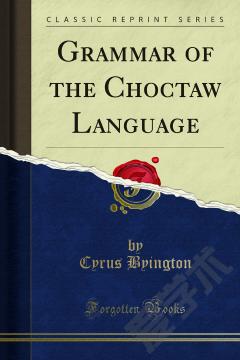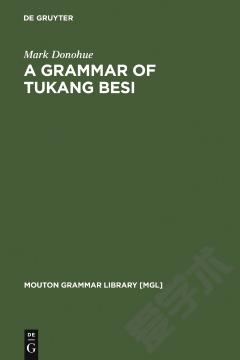The Grammar of Copulas Across Languages
This volume presents a crosslinguistic survey of the current theoretical debates around copular constructions from a generative perspective. Following an introduction to the main questions surrounding the analysis and categorization of copulas, the chapters address a range of key topics including the existence of more than one copular form in certain languages, the factors determining the presence or absence of a copula, and the morphology of copular forms. The team of expert contributors present new theoretical proposals regarding the formal mechanisms behind the behaviour and patterns observed in copulas in a wide range of typologically diverse languages, including Czech, French, Korean, and languages from the Dene and Bantu families. Their findings have implications beyond the study of copulas and shed more light on issues such as agreement relations, the nature of grammatical categories, and nominal predicates in syntax and semantics.
{{comment.content}}








 京公网安备 11010802027623号
京公网安备 11010802027623号